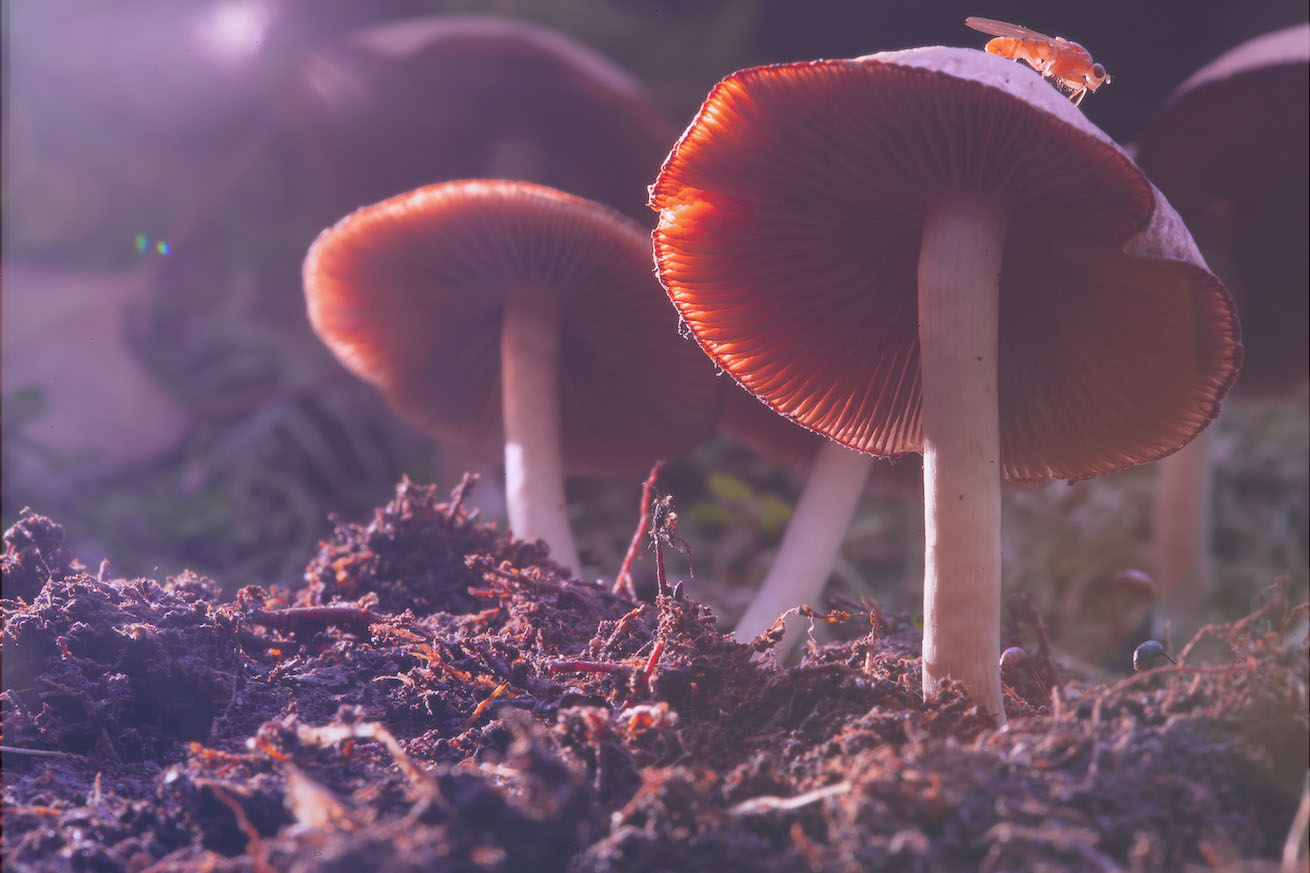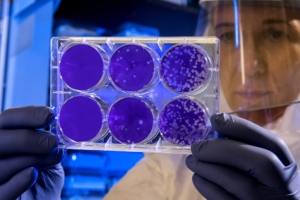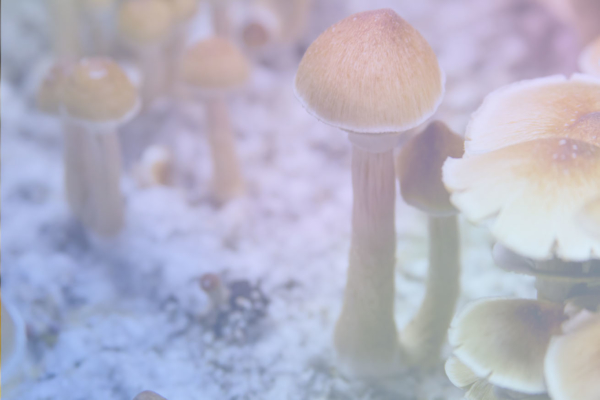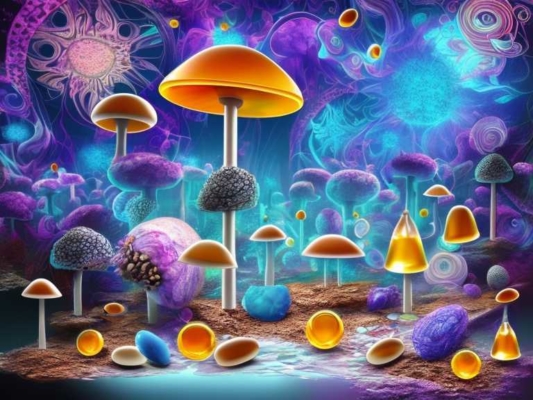
The United States Drug Enforcement Administration (DEA) has proposed yet another significant increase to its psychedelics production quotas, most notably psilocybin, MDMA, and 5-MeO-DMT, to meet growing research demand.
In a notice published in the Federal Register today, the agency put forward its final 2022 production quotas. The DEA sets Aggregate Production Quotas (APQs) each year, which limit the production of Schedule I and II drugs.
The agency has suggested significant increases to a range of psychedelics from its initial 2022 APQs. Notably, psilocybin production has been boosted 167%, psilocin has been doubled, MDMA has been increased 156%, and 5-MeO-DMT a whopping 363%.
The 2022 final quotas compared to the initial APQs for the new year are as follows:
- Psilocybin: 3,000 grams → 8,000 grams
- Psilocin: 2,000 grams → 4,000 grams
- MDMA: 3,200 grams → 8,200 grams
- DMT: 250 grams → 3,000 grams
- 5-MeO-DMT: 550 grams → 2,550 grams
The final 2022 APQs for LSD, mescaline, and MDA are unchanged, at 500 grams, 100 grams, and 200 grams, respectfully.
These increased quantities are especially notable when we look back at the DEA’s initial psychedelics production quotas for 2021. At the time, the agency proposed just 30 grams of psilocybin, 50 grams of psilocin, 50 grams of MDMA, 50 grams of DMT, 40 grams of LSD, 25 grams of mescaline, and 35 grams of 5-MeO-DMT.
The agency explained: “The APQs established today reflect the DEA’s estimates of the medical, scientific, research, and industrial needs of the United States for 2022, as well as lawful export requirements and establishment and maintenance of reserve stocks.” It noted that it had received several comments requesting the agency increase the production of certain substances — specifically 5-MeO-DMT, ibogaine, psilocybin, mescaline, MDMA, and DMT — for research activities and clinical trials in the United States and Canada.
The agency noted that these APQs could be adjusted if needs change. “For instance, if the DEA receives additional research protocols from DEA-registered researchers or additional quota applications from DEA-registered manufactures, the DEA will consider revising the APQ,” the agency explained.
Regarding mescaline, the DEA addressed the concerns of the Native American Church of North America about the proposal to set the APQ for mescaline at 100 grams. “[The church commented] that the non-native use of mescaline in research and clinical studies will have a direct impact upon the church’s ability to use, purchase, transport and possess peyote pursuant to the American Indian Religious Freedom Act, as it will lead to commercialization and exploitation of peyote across its natural range and potential reclassification of its scheduling status,” the notice said.
“The 2022 APQ for mescaline will only be used for the production of synthetic mescaline, which is utilized to produce analytical reference standards. Thus, the 2022 APQ for mescaline does not have any material effect on the use of peyote by members of the Native American Church.”





